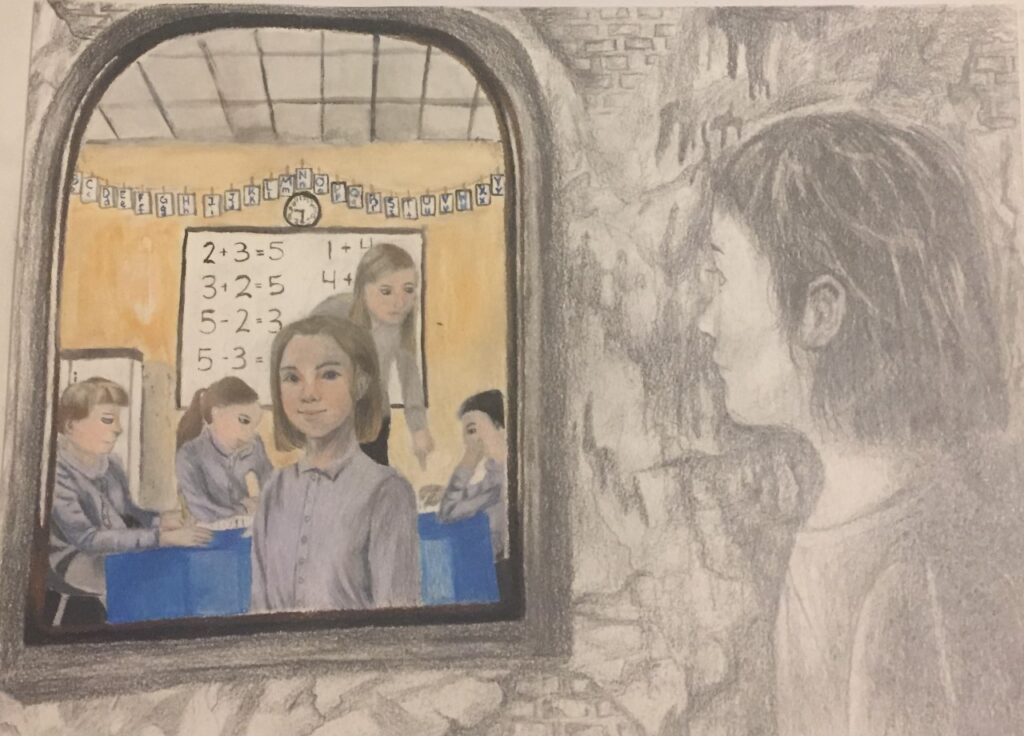this is the autumn I learned to tie my hair
into a twisted bun with a brass hairpin
I learned to accept the drizzling rain that
slipped under my skin and combed through my blood.
this is the autumn I learned to let words
linger on my tongue and taste their flavor.
I folded my stories into paper cranes
and sealed my poems in a mason jar.
this is the autumn I dipped my sorrow in lemon tea
and watched it swirl and curl into bitterness.
I took off the pearls of laughter
and put on a gold chain of silence.
this is the autumn I became a different me
Allison Xu is a teen writer from Rockville, Maryland. Her work has been published in Unbroken, The Daphne Review, Germ Magazine, Secret Attic, Spillwords, Bourgeon Magazine, The Weight Journal, and others.
